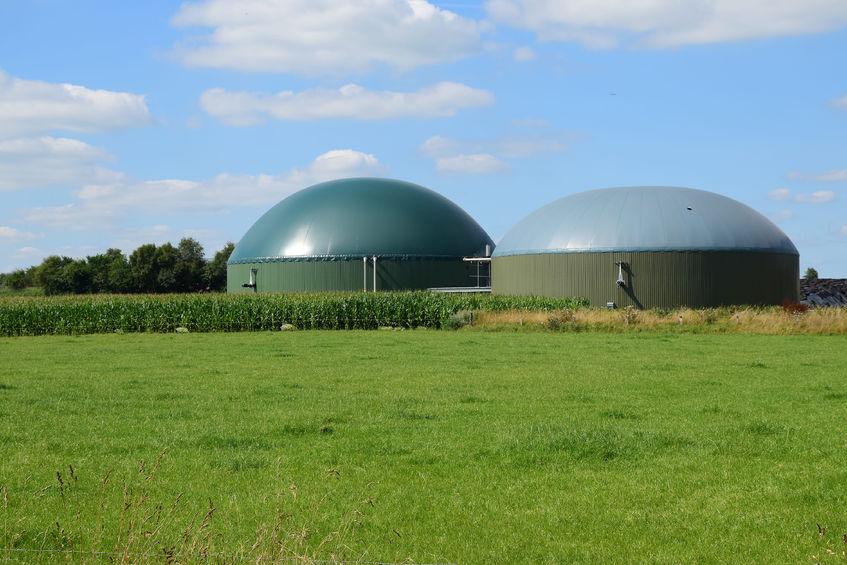
On-farm anaerobic energy plants can make a 'key contribution' to meeting the goals set out in Scotland’s first ever Energy Strategy, according to the UK’s trade body for anaerobic digestion.
The Scottish Government’s Energy Strategy, the first of its kind in Scotland, sets a new target for at least 50% of all Scotland's heat, transport, and electricity consumption to be supplied from renewable sources by 2030.
The Strategy notes that biogas and biomethane produced through anaerobic digestion (AD) will have a role to play in helping to decarbonise Scotland’s energy system.
It notes that existing biomethane sites in Scotland already produce enough gas to supply the equivalent of 85,000 homes.
AD is a technology that uses natural processes to recycle organic wastes and process purpose-grown energy crops into green gas that can then be used to produce renewable heat and power, low-carbon transport fuel and biofertiliser.
AD is currently delivering 45 MWe of power and 11,000 m3/hr of heat in Scotland, with AD plants across the UK now having enough capacity to power over a million homes.
'Important contribution'
Charlotte Morton, Chief Executive of the Anaerobic Digestion & Bioresources Association (ADBA), said the creation of more AD plants could boost rural jobs.
She said: “The Scottish Government has set itself ambitious but necessary targets for generating renewable energy in its new Energy Strategy, and renewable heat and electricity produced through AD can make an important contribution to these goals, as well as reducing emissions from landfill, creating rural jobs, and helping to restore degraded soils.
“There are now over 50 operational AD plants spread across Scotland, recycling a range of wastes including animal slurries and manures, food waste, grass silage, sugar beet, and various grains and wheats from Scotland’s famous distilleries.
“With more than half of these plants commissioned within the last four years, farmers, businesses and government are increasingly seeing first-hand the multiple benefits that green gas delivers.”
A report has stated how UK grown biomass can deliver 'genuine' greenhouse gas savings and an opportunity to restructure farming support.
The report, by the Energy Technologies Institute (ETI), said it would be possible to restructure farming support in a way which encourages the sustainable growth of the UK biomass sector.
